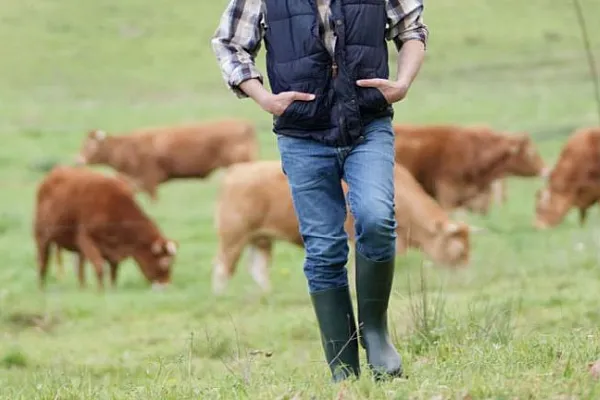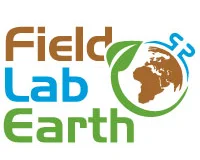
Field, Lab, Earth Podcast
Field, Lab, Earth Podcast
Podcasts are serial audio files that can be freely downloaded directly from the internet or via podcast aggregators like Apple Podcasts, Google Podcasts, Alexa, or Spotify. Field, Lab, Earth is the podcast all about past and present advances in the fields of agronomy, crop, soil, and environmental sciences. Produced by the American Society of Agronomy (ASA), Crop Science Society of America (CSSA), and Soil Science Society of America (SSSA), it features timely research and conversations with our authors and is always freely available.
Listen now

The best way to access our podcast is by subscribing on your favorite podcast aggregating service or app. Once you subscribe, new episodes will be sent directly to your device. There is no cost to subscribe or listen, and you can unsubscribe at any time.
Field, Lab, Earth is available on Podchaser, Apple Podcasts, Spotify, TuneIn (Alexa), YouTube, or anywhere else you listen to podcasts.
Continuing Education Unit (CEU) Quizzes
CEU quizzes are available for all of our regular episodes. If you are a Certified Crop Adviser or Certified Professional Soil Scientist, you can find quizzes for our episodes on certifiedcropadviser.org. Podcast quizzes are also included as part of the Online Classroom Subscription.
Student Spotlight
Field, Lab, Earth features graduate and undergraduate students at the end of each episode. If you would like to be featured, please let us know by filling out this brief application form. Please note you must be a student member with ASA, CSSA, or SSSA to apply.
Recent Episodes
Interested in checking out our show? Some of our most recent episodes are below. To listen to more of our back catalog, please visit our website or search for “Field, Lab, Earth” anywhere you listen to podcasts.
Genomic Selection with Dr. Jianming Yu
Genomic Selection is a plant breeding innovation that aims to speed plant breeding by using predictions from a training model enabled by genomics and statistics to guide the breeding decisions. With around thirty years of history around this innovation, it was about time to develop a review on it. Enter Dr. Jianming Yu and his team of coauthors. This episode, we skate the surface of a topic that could go down for miles, covering key areas of genomic selection, what it is, how to use it, and where we can aim to go in the future.
Read the featured article now. It is always freely available.
The Nitrogen Value of Cover Crops with Dr. Guillermo Marcillo
Cover crops are known for their ability to provide economic and ecosystem services to farmers, including, for example, impacting soil nitrogen. But how much nitrogen, exactly, can cover crops add or remove and how do we find out? In this episode, Guillermo joins me to discuss his work collating research data to get to the bottom of cover crop nitrogen replacement values.
Read the featured article now. It is always freely available.
Compost Organic Matter in a Snap with Dr. David C. Weindorf
Compost needs to be regularly tested to ensure labels regarding organic matter, nutrients, and more remain accurate. However, getting compost tested is time- and cost-intensive. This episode, Dr. Weindorf joins me to discuss how developing a model to predict organic matter from cell phone pictures might make this process a whole lot easier.
Read the featured article now. It will be freely available until August 31, 2025.
Contact Us
Do you have comments, questions, or suggestions for show topics? Email us here or find us on Twitter @fieldlabearth.
If you are interested in additional content, such as previews of new episodes, additional commentary from the authors, and resources mentioned on our show, join our newsletter list here. Add your mailing address (optional) and we’ll send you a free, loyal listener sticker.
Podcast Resources
Published on behalf of
